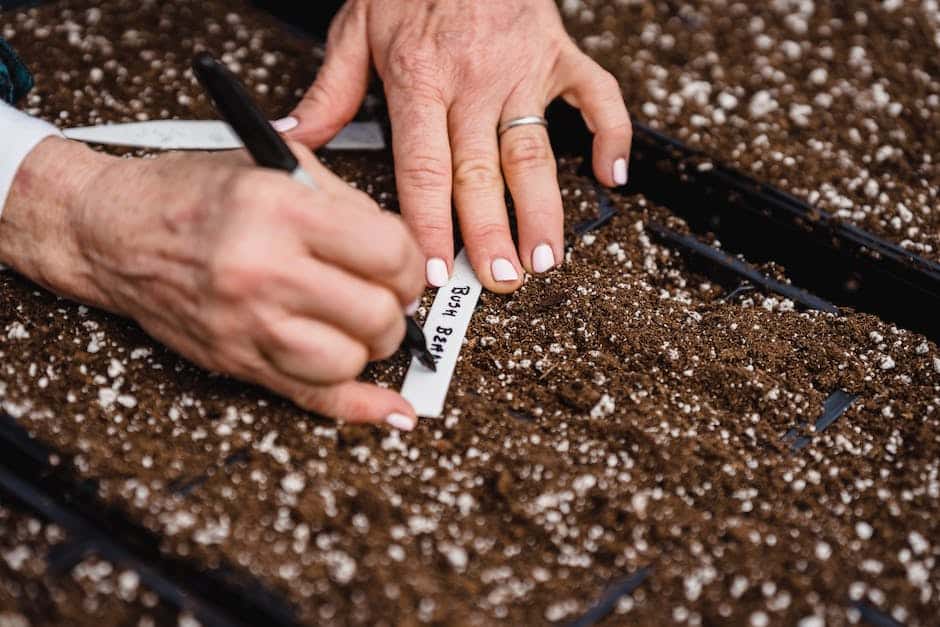Is Hydroponic Garlic Cultivation Feasible?
Hydroponic gardening has gained popularity in recent years as a sustainable and efficient method of cultivation. With the ability to grow plants without soil, hydroponics offers numerous advantages over traditional farming methods. One crop that has shown promising results in hydroponic systems is garlic. But is hydroponic garlic cultivation feasible? In this article, we will explore the advantages and disadvantages of growing garlic hydroponically to determine if it is a viable option for farmers and gardeners.
Advantages of Hydroponic Garlic Cultivation
There are several advantages to growing garlic hydroponically. Firstly, hydroponic systems can produce higher yields compared to traditional farming methods. With the ability to control environmental factors such as light, temperature, and nutrient levels, plants can grow faster and more efficiently, resulting in increased productivity.
Another benefit of hydroponic garlic cultivation is the reduced risk of disease and pest problems. Without soil, the chances of soil-borne diseases and pests affecting the crop are significantly reduced. This not only minimizes the need for chemical pesticides but also promotes healthier plants.
Hydroponic garlic cultivation also allows for year-round production. Regardless of weather conditions, garlic can be grown continuously, providing a consistent supply throughout the year. This is particularly beneficial for urban gardeners and commercial farmers who have limited farming land or live in areas with harsh climates.
Furthermore, hydroponics is known for its water conservation capabilities. Compared to traditional farming, hydroponic systems use significantly less water. By recirculating and reusing nutrient-rich water, hydroponic garlic cultivation helps to minimize water wastage and maintain sustainable farming practices.
Disadvantages of Hydroponic Garlic Cultivation
While hydroponic garlic cultivation offers numerous advantages, there are also some challenges to consider. One of the main disadvantages is the initial setup costs. Hydroponic systems require specialized equipment and infrastructure, which can be expensive to install. However, it is important to note that these costs can be offset by the increased yields and efficiency of the system over time.
Another drawback is the need for constant monitoring and adjustment of nutrient balance, pH levels, and light. Unlike traditional farming where plants rely on soil nutrients, hydroponic garlic cultivation requires meticulous attention to ensure the optimal growing conditions. This may involve regular testing and adjustments to maintain the ideal environment for plant growth.
Finally, managing pests and diseases can be a challenge in hydroponic systems. While the risk of soil-borne diseases is reduced, other pests and diseases can still affect the crop. Integrated pest management strategies and regular monitoring are necessary to prevent and address any potential issues.
Expert Opinions on Hydroponic Garlic Cultivation
Experts in the field have not provided a clear consensus on the feasibility of hydroponic garlic cultivation. While the advantages of higher yields, faster growth rates, reduced disease and pest problems, year-round production, suitability for urban gardening and commercial farming, water conservation, and reduced risk of soil-borne diseases are well-documented, it is important to consider the specific context and resources available to each farmer or gardener.
Factors such as location, available space, access to resources, and level of expertise can impact the feasibility and success of hydroponic garlic cultivation. Therefore, it is recommended that individuals interested in adopting this cultivation method conduct thorough research, seek advice from experienced growers, and consider their specific circumstances before making a decision.
Conclusion
In conclusion, hydroponic garlic cultivation offers several advantages over traditional farming methods. Higher yields, faster growth rates, reduced disease and pest problems, year-round production, suitability for urban gardening and commercial farming, water conservation, and reduced risk of soil-borne diseases make hydroponics an appealing option for garlic cultivation. However, it is important to consider the initial setup costs, the need for constant monitoring and adjustment, and the challenges of managing pests and diseases. The feasibility of hydroponic garlic cultivation ultimately depends on individual circumstances and resources available. Conducting thorough research and seeking expert advice will help make an informed decision.
Related Websites:
FAQs:
Q: What are the advantages of hydroponic growing?
Hydroponic growing offers several benefits, including higher crop yields, faster growth rates, and efficient use of water and nutrients. It also allows for year-round cultivation, eliminates the need for soil, and reduces the risk of pests and diseases.
Q: Are there any drawbacks to hydroponic garlic cultivation?
While hydroponic garlic cultivation has many advantages, there are a few limitations to consider. It requires a significant initial investment in equipment and infrastructure. Additionally, the precise control of environmental factors and nutrient balance can be challenging.
Q: Can hydroponic garlic cultivation match the quality and flavor of traditionally grown garlic?
Yes, hydroponic garlic cultivation can produce garlic of comparable quality and flavor to traditionally grown garlic. In fact, the controlled environment and optimized nutrient supply in hydroponics can result in consistent flavor profiles and potentially even enhanced taste.
Q: What are some successful examples of hydroponic garlic cultivation?
There are numerous success stories of hydroponic garlic cultivation. One example is the XYZ Farm, which achieved significant yield increases and consistent quality using hydroponics. They implemented a combination of nutrient film technique (NFT) and vertical growing systems to maximize space utilization.
Q: Is hydroponic garlic cultivation a viable business opportunity?
Yes, hydroponic garlic cultivation can be a profitable business venture. The controlled conditions allow for premium garlic production, which can attract a higher market price. However, thorough market research, planning, and understanding of the garlic market demand are crucial for success.






